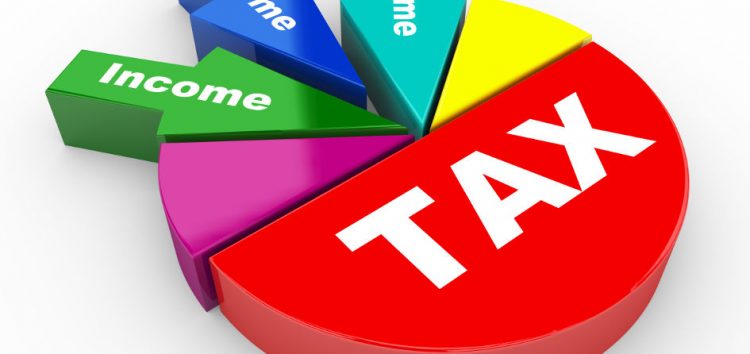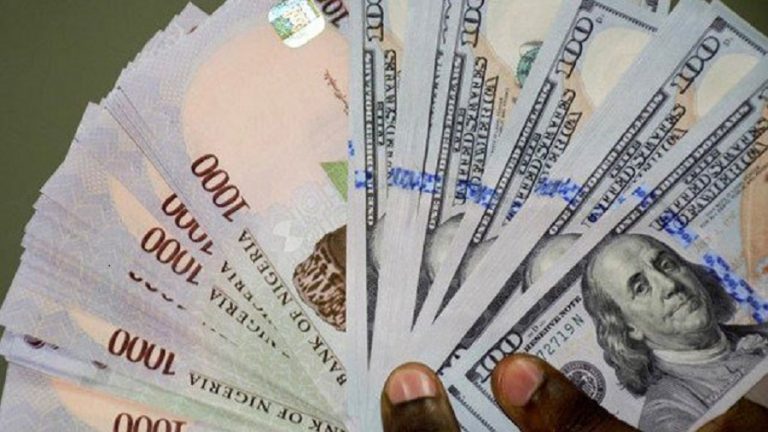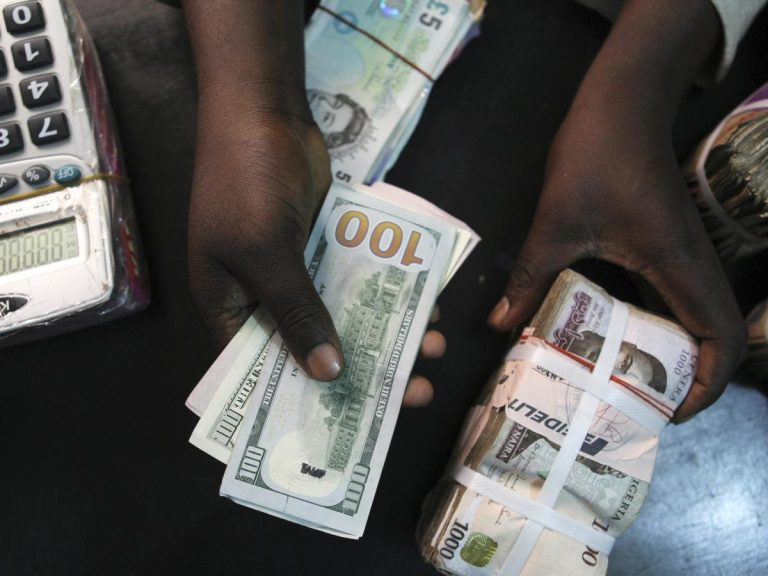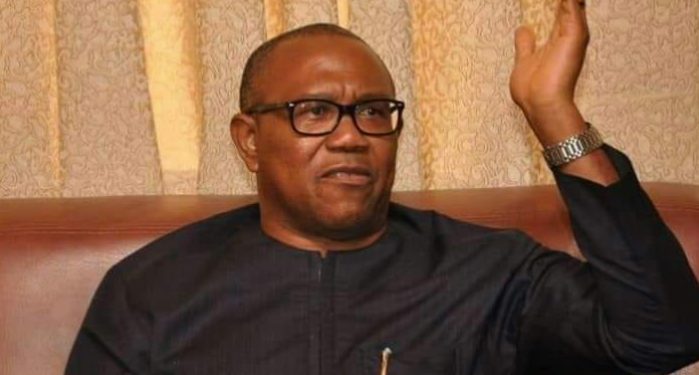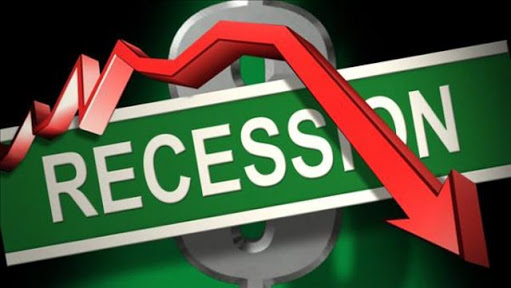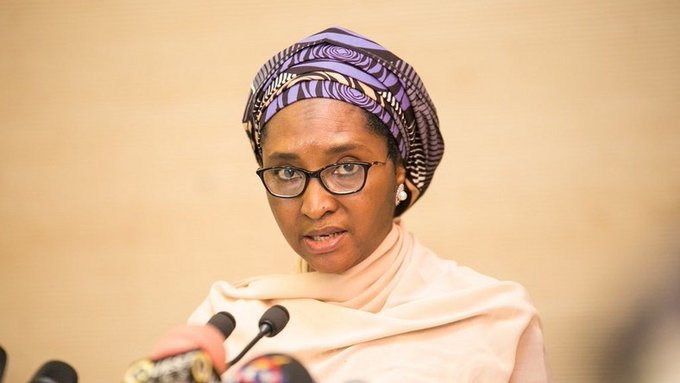IT’S OFFICIAL: Minimum wage earners will no longer pay tax
Earners of minimum wage will no longer be required to pay Personal Income Tax, according to the proposed 2020 Finance Bill.
President Muhammadu Buhari says the 2020 Finance Bill exempts earners of minimum wage from paying taxes.
This was disclosed on Monday in a speech delivered virtually by Vice President Yemi Osinbajo at the opening session of the 26th Nigerian Economic Summit Group Conference themed: “Building Partnerships for Resilience.”
“We are proposing in the new Finance Act that those who earn minimum wage should be exempted from paying income tax,” he was quoted as saying in a statement issued by the Senior Special Assistant to the Vice President on Media and Publicity, Laolu Akande.
“These provisions which complement the tax breaks given to small businesses last year will not only further stimulate the economy but are also a fulfilment of promises made to take steps to help reduce the cost of transportation and the impact of inflation on ordinary Nigerians.”
Call 0803 239 3958 for free financial consulting advice for your businesses. Attend our bi-monthly Peachtree Sage 50 accounting and reporting seminar.
Reach us or send your financial updates and articles to info@skytrendconsulting.com.
READ ALSO! Skytrend Consulting: Financial services and accounting solutions company
READ ALSO! Why The North Remains Headquarters Of Poverty In Nigeria — Kingsley Moghalu
READ ALSO! For failing to give out ‘adequate loans’, 12 banks fined N499bn
READ ALSO! Naira plunge: Speculators will suffer huge loss, Operators warn
READ ALSO! How To Empower Yourself And Generate Income From Mutual Funds
READ ALSO! Is N-Power Truly Empowering Nigerian Youths?
READ ALSO! TraderMoni: Poverty Alleviation Or Political Leverage?
